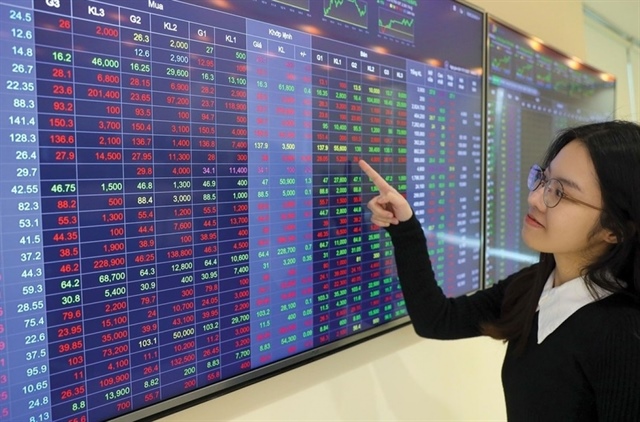Startup exchange called not feasible
Startup exchange called not feasible
While many enterprises welcome the idea of establishing a stock exchange for start-up businesses, they also expressed concerned about the feasibility of such an exchange.

Truong Nguyen, CEO of Ahamove, a start-up using technology for delivery services, said there were three obstacles that prevented start-ups from raising funds. Many of them showed little transparency in their use of business health indicators, while few public investors were focussed on start-ups, and an insignificant growth rate.
Truong noted that public investors were not eager to accept higher risks from startups, compared with venture funds, which could foresee the potential to support the development of startups. However, the absence of public investors will prevent the creation of a market.
At the same time, to eye venture investors, startups must have an impressive growth rate, though, in the next one or two years, there are not expected to be many high growth startups.
Meanwhile Tran Nguyen Le Van, CEO of Vexere.com, a technology-based discount ticket engine and a successful startup in seeking investment from foreign funds, such as Japanese fund CyberAgent Ventures and Singaporean fund Pix Vine Capital, said a start-up market was a good idea, but there were still many issues that needed to be clarified.
For instance, Van said, it was not clear how the start-up would be evaluated in the market, since startups were not often profitable, in the short term. Therefore, it is difficult to value a startup to be listed on the market.
The CEO also said, at the same time, that many startups did not yet have enough capacity or knowledge of finance to properly report to investors.
A founder of a startup for recruitment, which was in the process of raising funds, said he was not expecting the creation of such a market, adding that most investors considered new businesses to be risky investments, and it is not easy to sell shares.
Finance and banking expert Nguyen Tri Hieu said the establishment of exchanges was a new issue, not only in Vietnam, but also throughout the world, adding that he had never seen any country that created this model, including developing countries such as the US and European countries.
Hieu further said the idea was quite unrealistic, because in their first five years, most startups had little information about their businesses, thus, they receive little attention from investors.
Hieu said, instead of a market, the best way to help startups was to set up a trading center, where new businesses could exchange with each other, as well as find potential investors and banks.




























